Oh no..... exams!
For many at university, exams and deadlines become the primary focus for their approach to learning, fueled in part by an education system prior to university that benchmarks individuals throughout their school career. Increasingly over recent years schools have been teaching to deliver against exam grades because it affects their own position in school league tables. So the thing that matters to them is getting as high a proportion of top grades as possible. But if you have been taught primarily to pass or even excel at exams that doesn’t necessarily translate into being skilled at learning or even a ready ability to be able to solve problems and apply your understanding in novel situations – the sort of skills that are needed in the real world environment of a career. Of course, higher university fees add to the pressure, as if being a ‘high-achiever’ somehow represents a better return on investment (it may not, especially if your expectations of yourself are unrealistic).
From unhelpful mindset…..
Exams and end of term/module assessments are ‘summative’ assessments – they are intended to assess your understanding and knowledge at the end of a learning process. They are not, however, an end in themselves, but they often become seen as that if exam results are perceived to be the most important thing – a focus on the outcomes of a process rather than the learning process itself. The mindset becomes one of not just that it would be nice to do well, but “I must do well” or “I must be the best” or “everything depends on me doing well”, and so exams or deadlines become stressful – events or activities that cause anxiety and worry; worry about whether you will be able to cope in the exam, what might happen if you don’t do well, or the ‘fall-out’ from the exams if you don’t excel. You ‘catastrophise’ about them – you over-estimate the probability of doing badly and the consequences of doing badly, neither of which are actually the end of the world (honestly, they are not - there are many alternative futures you could pursue!).
From a mindfulness perspective this is anything but living in the present moment. A focus on the outcomes (the future) may well mean that you miss out almost entirely on the process – the here and now, what you are learning, how you are learning, the process of discovery – from lectures, practicals, your student colleagues who bring their own experience and expertise from which you can learn. You may miss out on all the opportunities of experiencing the here and now; to be appreciative of what you have and the opportunities for broader and deeper learning your time at university offers.
…..to a mindful approach
Turning the whole approach around can be a much more helpful way of looking at assessments and exams – putting them in the context of the wider learning opportunities, as part of the learning process, as opportunities to consolidate your learning. This is a genuinely mindful approach to exams and assessment – to be in the present moment, the here and now by experiencing and appreciating the learning as you do it, ensuring you understand core principles as you learn them so that you could apply them to previously unseen issues or problems – so you can genuinely problem solve. Exams and assessments then become mere end points of a learning process - the learning is what is important, the outcomes less so, because in reality actual grades mean rather less to employers than you might think – other aspects are as, if not more, important, e.g. your transferable skills such as other languages, ability to work in a team, personal initiative, being a quick learner, being professional etc. And actually, if you enjoy the learning process you are also much more likely to enjoy – or at least appreciate – the assessment/examination process as part of that learning process, and consequently more likely to do well; you will be more able to be creative. Doing well then becomes a nice bonus (but not critical) to your learning, rather than creating unrealistic expectations of yourself and then being disappointed or anxious when you don’t (can’t) meet those expectations.
So if exams/assessments stress you out – ask yourself “Am I looking at this the right way - how helpful is my current approach to exams?” “Could I be more mindful in my approach?” Turning things around may not be instant, and some help may be useful to facilitate you re-framing your whole approach. But doing so is likely to make the whole learning experience so much more enjoyable and bring about positive change in the way you approach many things in life as well.
Bill Sheate, 25 October 2016
See also Perfectionism

